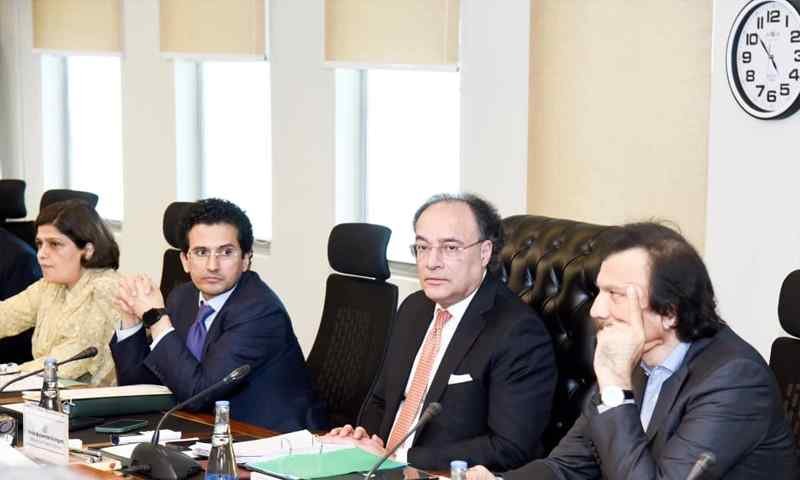The Economic Coordination Committee (ECC) on Thursday signed off on a Rs5.8 billion support package aimed at assisting families devastated by recent floods across the country.
Finance Minister Muhammad Aurangzeb chaired the meeting, where the committee approved an immediate release of Rs4 billion to the National Disaster Management Authority (NDMA). The funds are intended to speed up relief operations and provide essential assistance to flood-affected communities.
Officials from the Finance Ministry said the move is part of the government’s broader effort to cushion households struggling with the aftermath of heavy rains and flooding.
Subsidies and Grants: Key Decisions from the Meeting
Beyond flood relief, the ECC greenlit several financial measures:
- Uniform fuel charge adjustment: The committee approved a policy to standardize fuel charges across the country, aiming to streamline energy costs.
- Prime Minister’s Fan Replacement Programme: A Rs2 billion allocation was cleared to launch this initiative, which seeks to replace old, inefficient fans with energy-saving models. The programme is expected to be rolled out shortly.
- National Security Division funding: Rs250 million was earmarked for the Strategic Policy Planning Cell, which operates under the National Security Division.
- Digital payment subsidies: A Rs3.5 billion grant was approved for payments through the RAAST QR code system. The subsidy, to be disbursed over the next three years, is designed to expand cashless transactions and encourage wider adoption of digital payments.
Push for Digital Economy Growth
In line with efforts to modernize financial infrastructure, the ECC endorsed a term sheet agreement involving the State Bank of Pakistan, the National Energy Efficiency & Conservation Authority (NEECA), and commercial banks.
The committee instructed the central bank to issue a formal notification for the new QR-code-based payment scheme without delay, signaling the government’s intent to accelerate the shift toward digital transactions.
Officials said these measures reflect a dual-track strategy: providing urgent humanitarian support while also laying the groundwork for long-term economic reforms.
